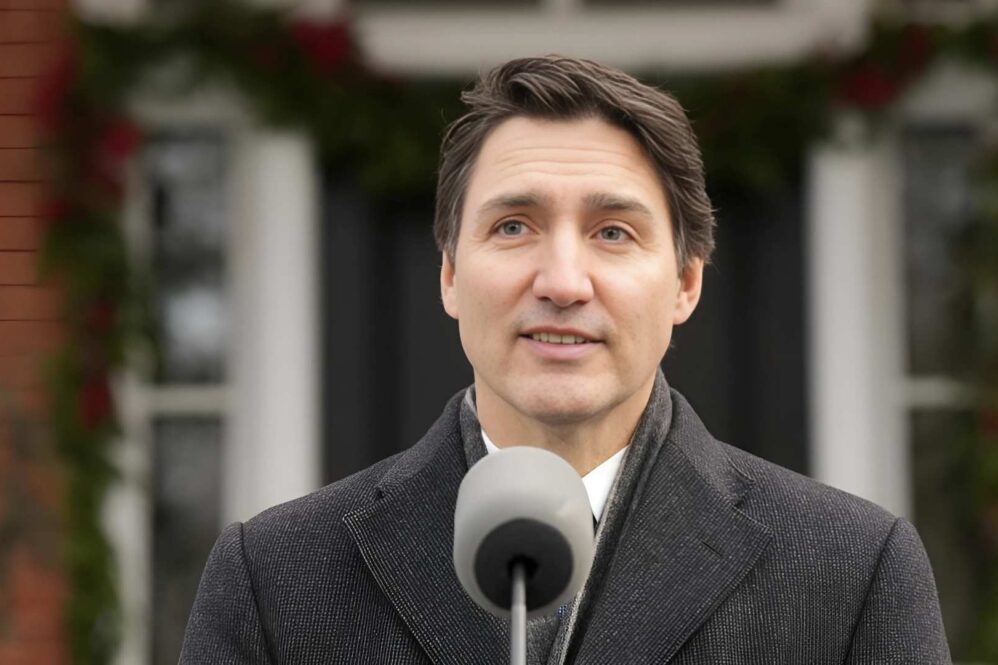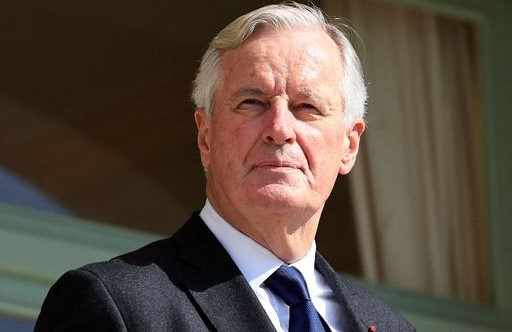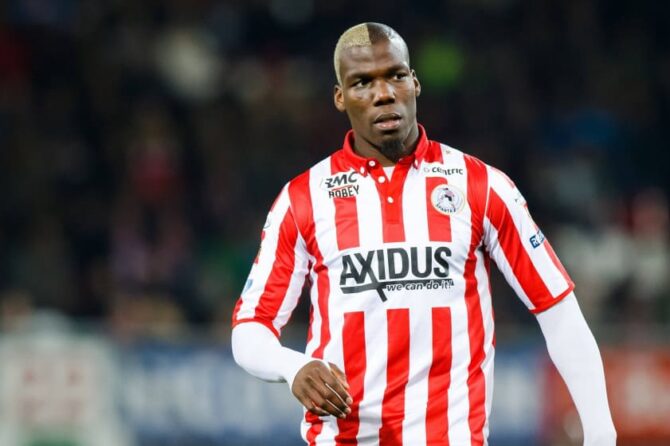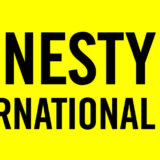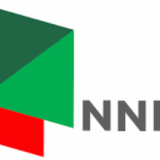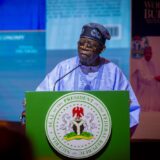—
Trudeau’s Shocking Decision to Resign
Canadian Prime Minister Justin Trudeau has officially announced his decision to step down as the leader of the Liberal Party. His resignation has sent shockwaves through Canada’s political landscape, with political figures across the country reacting swiftly. Trudeau’s move comes amid growing public discontent, economic challenges, and internal party struggles, signalling a significant turning point for both the Liberal Party and the nation.
Trudeau, who has served as Prime Minister since 2015, has faced a combination of achievements and controversies during his time in office. While some praised his progressive policies, others criticized his leadership in handling key issues like inflation, healthcare, and Indigenous reconciliation. His resignation sets the stage for a leadership vacuum in the Liberal Party, which will now need to navigate a period of transition.
—
Rivals’ Criticism of Trudeau’s Leadership
As expected, opposition leaders were quick to weigh in on Trudeau’s resignation. Pierre Poilievre, the leader of the Conservative Party, has been one of the most vocal critics of Trudeau’s government. Poilievre seized the moment to criticize the Prime Minister’s tenure, attributing his resignation to a lack of effective governance and mounting public dissatisfaction. According to Poilievre, Trudeau’s failure to address rising inflation, economic stagnation, and the housing crisis ultimately led to his downfall.
The Bloc Québécois and the New Democratic Party (NDP) have also weighed in on the situation. Both parties have been critical of Trudeau’s policies over the years, particularly on issues like healthcare, climate change, and social justice. While they too have expressed satisfaction with his resignation, they also see it as an opportunity for a political realignment in Canada. The NDP, in particular, is likely to push for more progressive policies as they try to fill the void left by Trudeau’s departure.
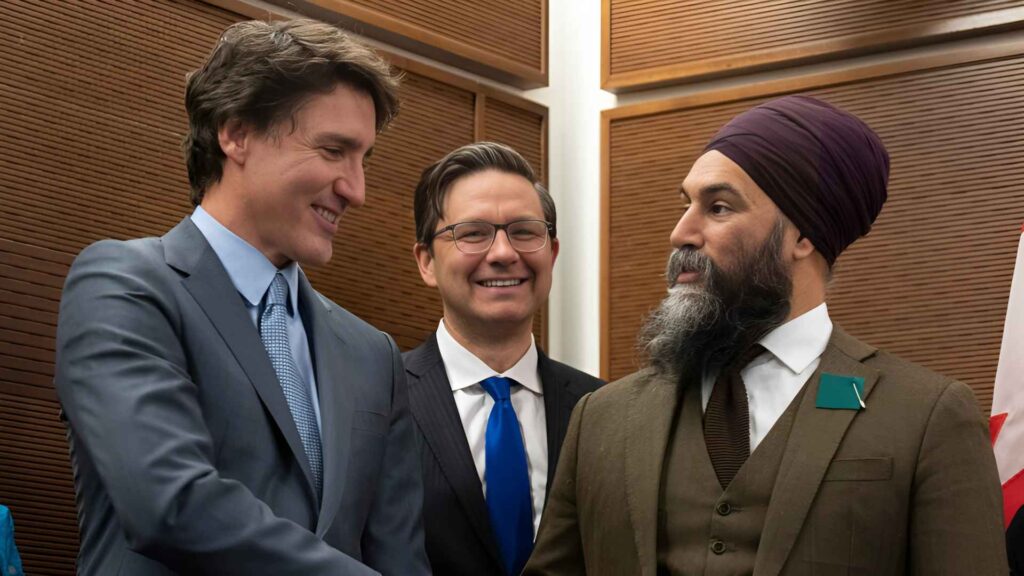
—
Supporters Reflect on Trudeau’s Achievements
In contrast to the opposition’s criticism, Trudeau’s supporters have been more reflective, acknowledging both his accomplishments and the challenges he faced during his time in office. Under his leadership, Canada made significant progress in areas such as gender equality, climate change action, and international diplomacy. His government introduced the first-ever national carbon pricing program, and Trudeau himself became a global champion of gender equality and multiculturalism.
Additionally, Trudeau’s commitment to Indigenous reconciliation, though controversial at times, was seen by many as a step toward addressing historical injustices. However, the Prime Minister’s departure also prompted discussions about the future of these policies. Some allies have expressed that his resignation could open up space for new leadership, which may offer a fresh perspective on Canada’s most pressing issues.
While Trudeau’s tenure was marked by notable achievements, some of his supporters have also conceded that his leadership style became increasingly polarizing in recent years. His handling of the COVID-19 pandemic, controversial pipeline projects, and rising economic inequality contributed to growing discontent within the electorate.
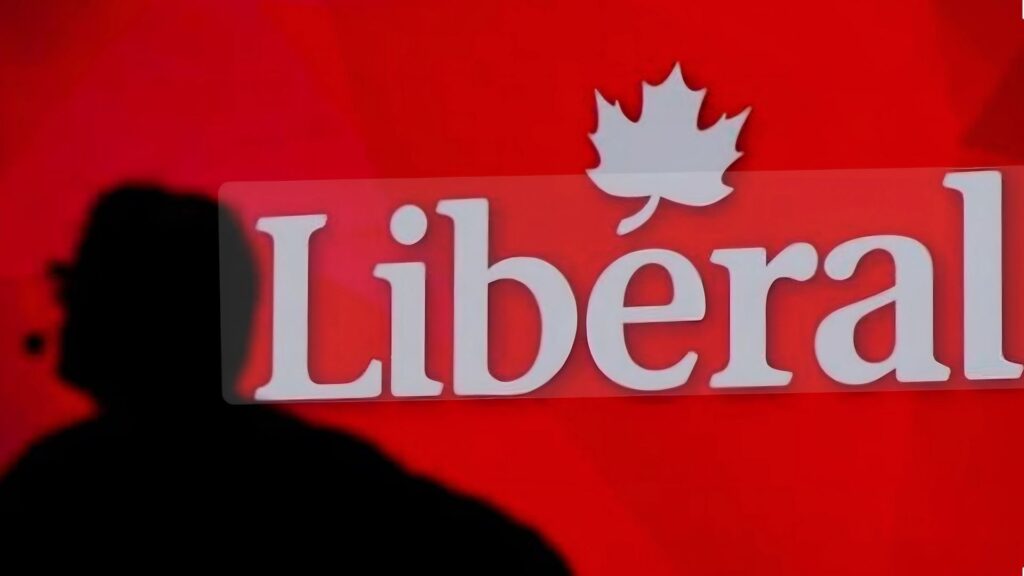
—
What’s Next for the Liberal Party?
Now that Trudeau has stepped down, the Liberal Party faces a crucial moment of transition. The race for the next leader is expected to be fierce, with numerous potential candidates already emerging within the party. The timing of the resignation is critical, as Canada heads toward the next federal election. It is clear that the Liberal Party will need a strong, unifying figure to lead it through the challenges ahead.
Some analysts suggest that the party may need to shift its focus to regain trust from voters. While Trudeau’s leadership was often defined by progressive rhetoric, the party may now need a more pragmatic approach to address issues like affordability, economic recovery, and social equity. The leadership race will likely determine whether the Liberal Party can stay united or whether factions within the party will vie for power.
—
A New Chapter for Canada’s Political Landscape
Justin Trudeau’s resignation has set the stage for a significant political shift in Canada. His departure marks the end of an era for the Liberal Party, which will now need to address the challenges of finding new leadership. While Trudeau’s legacy includes important advancements in social policy and climate action, his resignation also highlights the difficulties of governing in times of economic hardship and political division.
In the coming months, Canada will face a leadership race that could reshape the political landscape. Whether the Liberal Party can successfully navigate this transition will depend on its ability to unite around a new leader who can address the pressing issues facing the country. Trudeau’s resignation, while a moment of uncertainty, may also offer an opportunity for the political renewal that many Canadians have been calling for.


